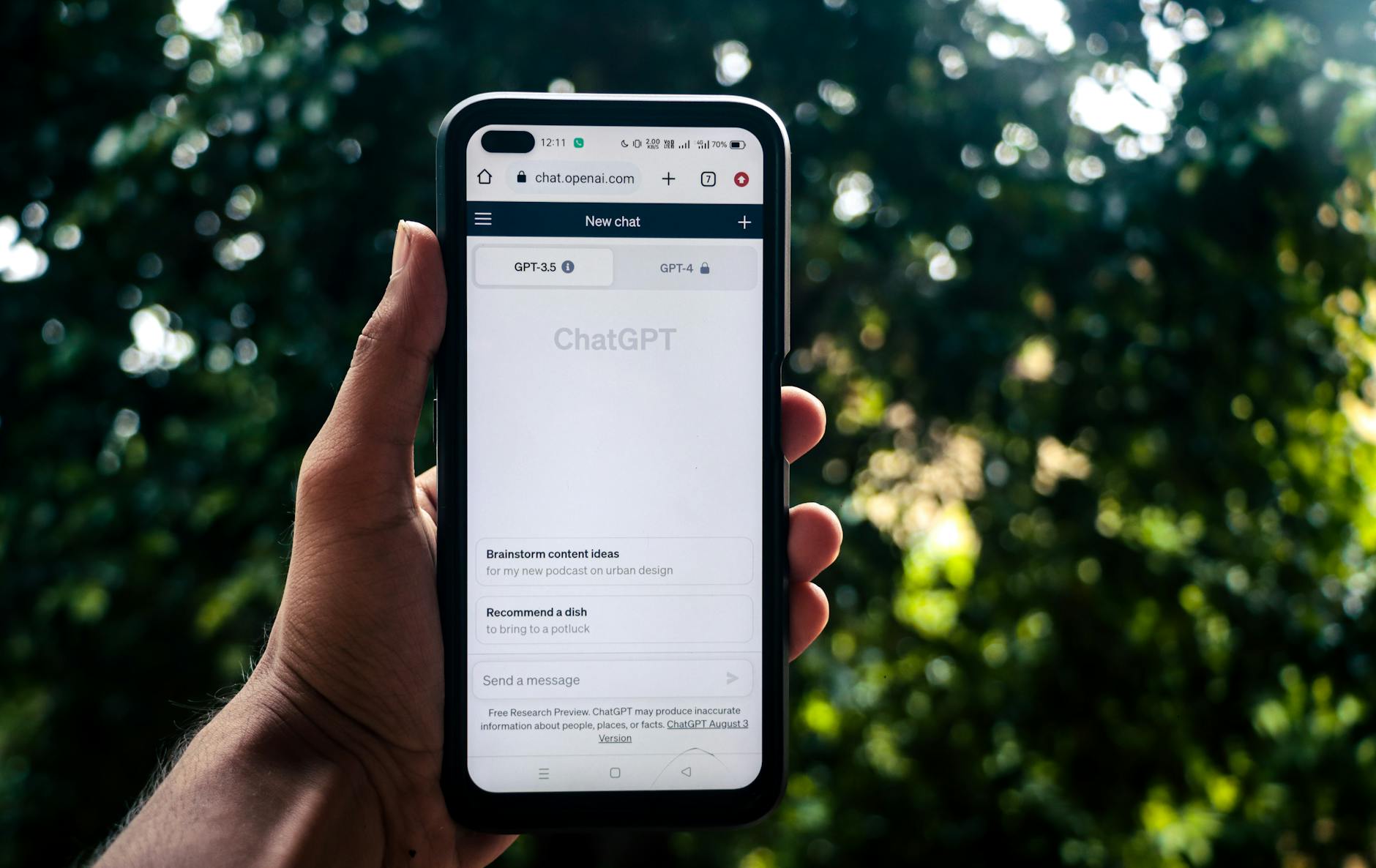
AI-Powered Search Engines: Why Your Google Searches Will Never Be the Same
Remember the last time you typed a question into a search engine and got back a list of blue links that almost answered your question? Yeah, me too. But here’s the kicker: AI-powered search engines are flipping the script. They don’t just fetch links—they understand context, predict intent, and sometimes even finish your thoughts (creepy or cool? You decide). Let’s dive into why this isn’t just another tech trend—it’s the future of how we find information online.
What Exactly Are AI-Powered Search Engines?
At their core, AI-powered search engines use machine learning and natural language processing (NLP) to deliver results that feel less like a library catalog and more like a conversation with a really smart friend. Unlike traditional search engines that rely on keywords and backlinks, these systems analyze:
- User intent (Are you researching or shopping?)
- Semantic relationships (How words connect in real life, not just in algorithms)
- Personalization (Your past behavior, location, even the time of day)
How They Differ From Old-School Search
Back in my early SEO days, ranking was all about stuffing keywords like “best pizza NYC” into meta tags. AI-powered search laughs at those tactics. For example, ask Google’s AI Gemini, “What’s a cozy Italian place with gluten-free options near me?” and it’ll cross-reference reviews, menus, and your dietary needs—not just spit out websites with matching keywords.
2025 Trends: Where AI Search Is Headed
If you think today’s AI search is impressive, buckle up. Here’s what insiders (and my crystal ball) predict for 2025:
1. Multi-Modal Searches Will Dominate
Forget typing. Imagine sketching a dress you saw in a dream, humming a song snippet, or pointing your phone at a broken appliance—and getting accurate results. Pinterest’s Lens feature is already hinting at this future.
2. “Zero-Click” Results Become the Norm
With AI synthesizing answers directly on results pages (thanks, Featured Snippets), fewer people will click through to websites. Publishers, take note: your content strategy needs a rethink.
3. Hyper-Personalized Search Assistants
Your AI search buddy will know you hate paywalls, prefer video tutorials over text, and that “quick workout” means under 20 minutes. It’ll preemptively filter noise—like that one friend who always orders for you at restaurants.
| Feature | Traditional Search | AI-Powered Search |
|---|---|---|
| Query Understanding | Keyword matching | Contextual intent analysis |
| Results Format | List of links | Integrated answers, charts, videos |
| Personalization | Basic (location, device) | Deep learning-based preferences |
| Example | “Weather today” → Weather.com link | “Should I wear a jacket?” → “Yes, 60% chance of rain at 3 PM” |
The Dark Side: What AI Search Still Gets Wrong
Don’t get me wrong—this tech isn’t flawless. Last week, I asked an AI tool for “non-toxic houseplants safe for cats,” and it enthusiastically recommended lilies (spoiler: extremely toxic to cats). Hallucinations and outdated training data remain real issues. That’s why—for now—human double-checking is non-negotiable.
FAQs About AI-Powered Search Engines
Will AI search engines replace Google?
Not entirely, but they’ll force Google to evolve. Think of it like streaming vs. Blockbuster—the core function remains, but the experience transforms.
How can businesses optimize for AI search?
Focus on topic clusters instead of keywords, structure data for featured snippets, and—this is key—create content that genuinely solves problems. AI rewards usefulness over clever hacks.
Are privacy concerns valid with AI search?
Absolutely. More personalization means more data collection. Always check privacy settings and use incognito mode for sensitive queries (like surprise gift shopping).
Final Thoughts: Embrace the Change
AI-powered search engines aren’t coming—they’re already here, reshaping how we interact with information. Whether you’re a casual user, marketer, or developer, the message is clear: adapt or get left behind. Start experimenting with tools like Perplexity.ai or Brave’s AI search today. And hey, if you still miss the chaos of 2000s-era search results, there’s always the Wayback Machine.
Your move: Try an AI search for your next “how to fix [weird household problem]” query. When it actually understands your desperation, you’ll know the future has arrived.


